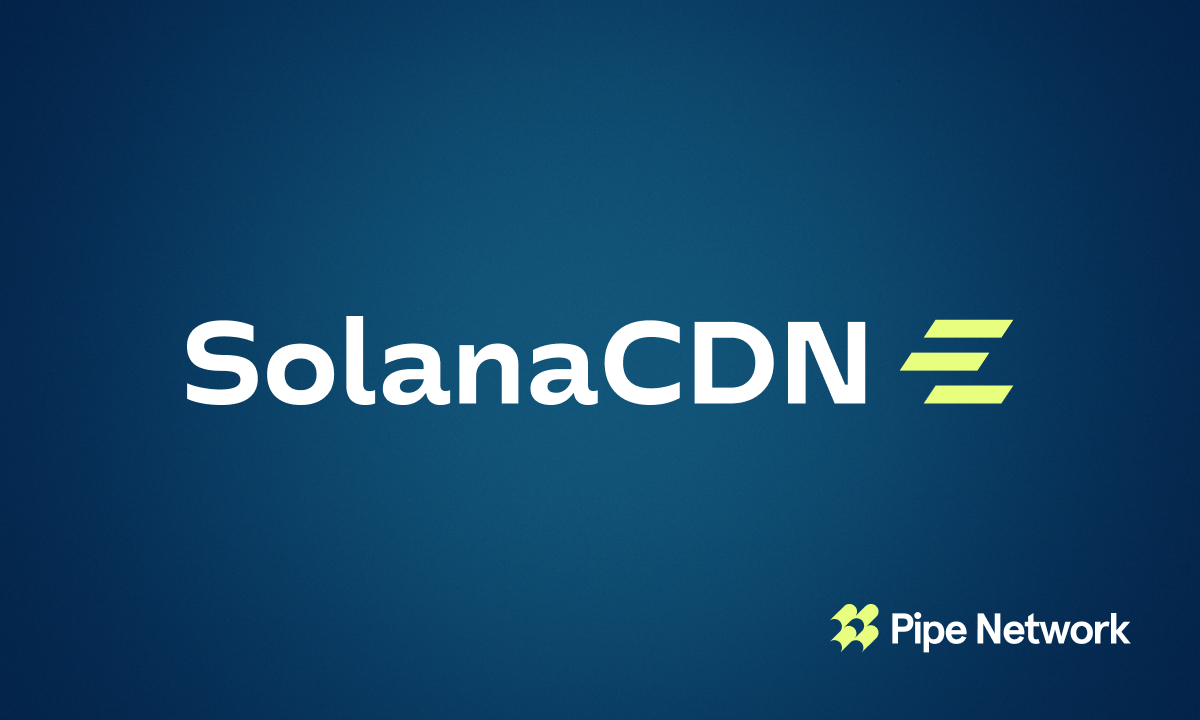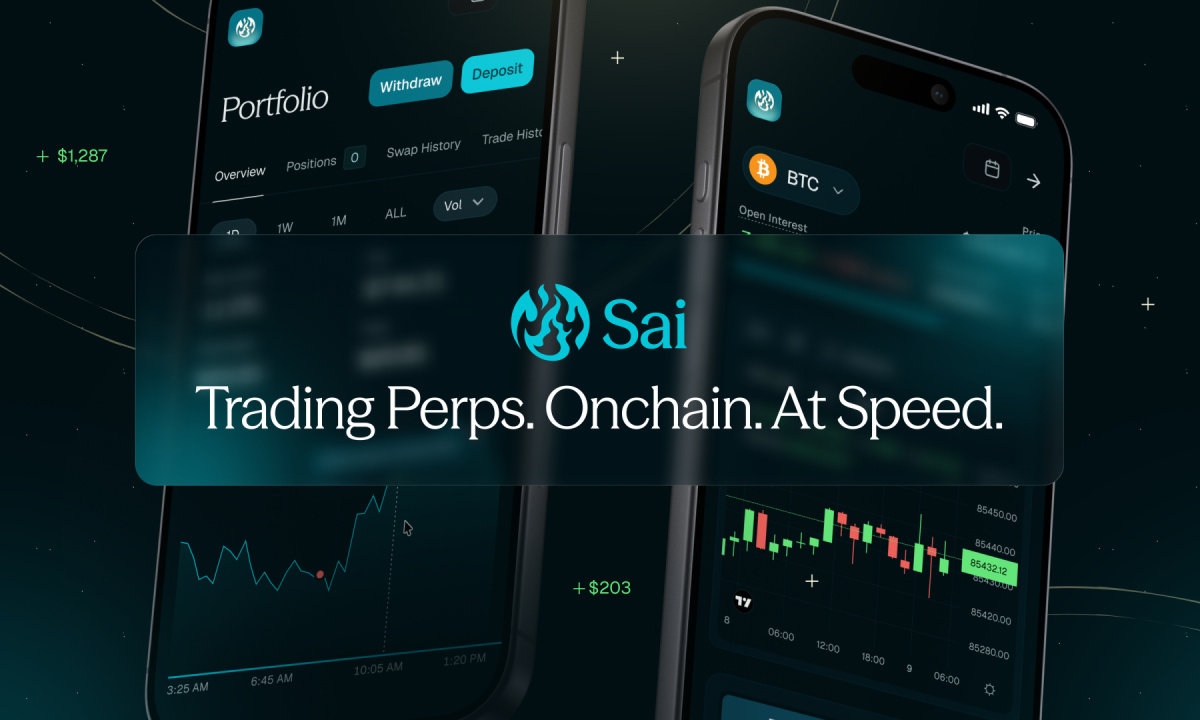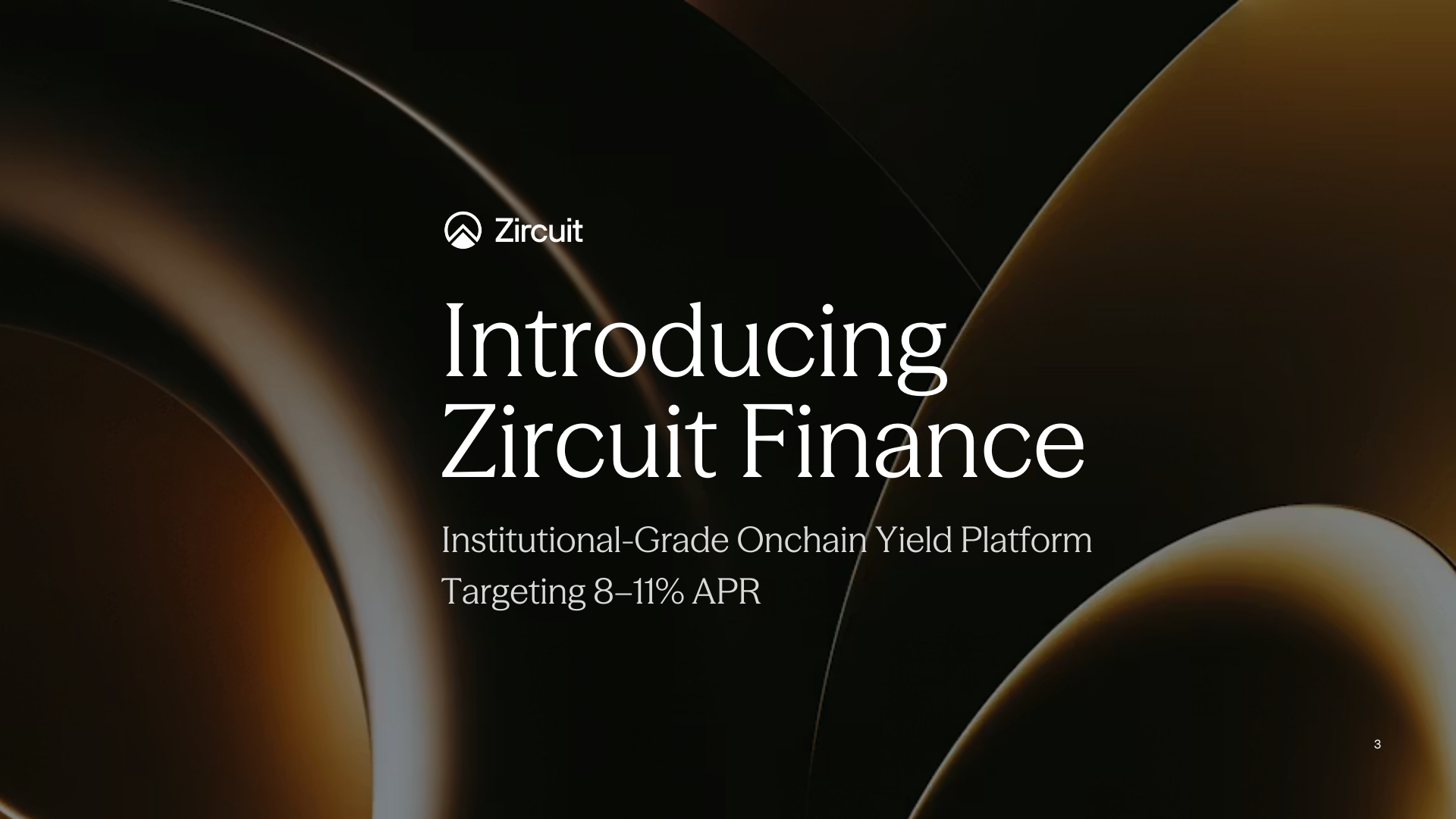Key Insights
- Ripple won a partial victory in its court case against the SEC, but it was still found guilty of some of the charges.
- Ripple could be fined up to $1 billion, which could be a financial burden for the company.
- It is unclear whether XRP has the funds to pay the fine.
- Some investors are not concerned about the fine, as they believe that XRP is still a valuable asset.
- XRP is still largely overbought, and it is likely to consolidate or enter a correction before moving further upwards
July has no doubt been an all-around crazy month for Ripple and XRP.
Less than a week ago, Ripple won a pretty astounding victory in court, putting an end to its overextended battle against the Securities and Exchange Commission (SEC) over the sale of some XRP.
Ripple and XRP dominated news outlets and media outlets for days on end, as XRP more than doubled in price.
XRP became so popular last week, that the crypto exchanges, started to re-list the crypto.
However, what most people fail to mention is that Ripple’s victory was only partial and that the SEC still has a pretty solid foot on Ripple’s neck.
It turns out that while XRP was innocent of some of the charges levelled against it by the SEC, it was still guilty of others.
As far as the case in court goes, XRP might still have to pay a jaw-dropping sum of one billion dollars in fines, at the end of the day.
Does XRP have that kind of money? Or is it the start of another long and harrowing period for the company?
Let’s take a look at what we know for now:
Partial Victory For Ripple
It turns out that the SEC won the case, just as much as Ripple ever did.
The SEC won because US District Judge, Analisa Torres chalked up Ripple’s $728.9 million of XRP sales to hedge funds and other sophisticated buyers in 2020, to unregistered sales of securities as the SEC claims.
On these grounds, the court ruled that the SEC was right all along.
Torres said that Ripple’s marketing to institutional investors demonstrated that the company was pitching a “speculative value proposition†for XRP that depended on the company’s efforts to establish the blockchain technology that powers XRP.
She stated that a jury must consider whether Ripple stakeholders, Brad Garlinghouse and Chris Larsen knew about the company’s legal violations when the tokens were sold, and that the defendants cannot argue at trial that they did not have “fair notice” that XRP was a cryptocurrency.
A Possible $1 Billion In Fines
These problems, despite how XRP has been celebrated as having “beaten the SEC†might become the company’s undoing.
A billion dollars is a boatload of money. Does XRP and its stakeholders combined, even have that kind of money to pay off fines?
These developments have raised concerns and heated debates over the last week.
In the middle of these debates, a tweet with a video of Ripple’s chairman, Brad Garlinghouse, speaking at the Dubai Fintech summit has surfaced.
In this video, Garlinghouse revealed Ripple Inc’s plans to use its cash reserves which allegedly amount to a billion dollars, to “extend its offerings” to customers.
Taking to Twitter, Charles Gasparino, a reporter from Fox Business referenced this video, and asked in a tweet:
Does Ripple have $1 billion in cash laying around or $1 billion in XRP that they will cash in to pay the fine, which also dilutes retail?
Despite XRP winning (partially) in court, Gasparino remains pessimistic about Ripple’s chances.
He adds that Ripple will be penalized for the section of the lawsuit that they lost.
To crown it all, the way XRP’s price dropped so steeply after the initial pump, highlights the uncertainties surrounding Ripple’s legal predicament.

Investors Betting On Crypto, Not Ripple
Who knows, XRP may have the funds to settle these fines without going bankrupt. Garlinghouse said the company does, didn’t he?
While a good percentage of the market isn’t convinced that Ripple can pull through this, the rest simply “don’t care”.
An interesting tweet from XRP YouTuber, @MoonLamboio popped up on Twitter this week.
In the tweet, @MoonLamboio said: “So far I haven’t found a single $XRP holder that cares if XRP ends up paying a fine to the SEC.â€
The YouTuber went further to imply that what matters is that XRP has been declared a non-security, and soon other cryptocurrencies are bound to follow the path that XRP blazed, less than a week ago.

Overall, XRP is still largely overbought, and will likely remain in a consolidation or enter a correction before moving further upwards.
Disclaimer: Voice of Crypto aims to deliver accurate and up-to-date information, but it will not be responsible for any missing facts or inaccurate information. Cryptocurrencies are highly volatile financial assets, so research and make your own financial decisions.









